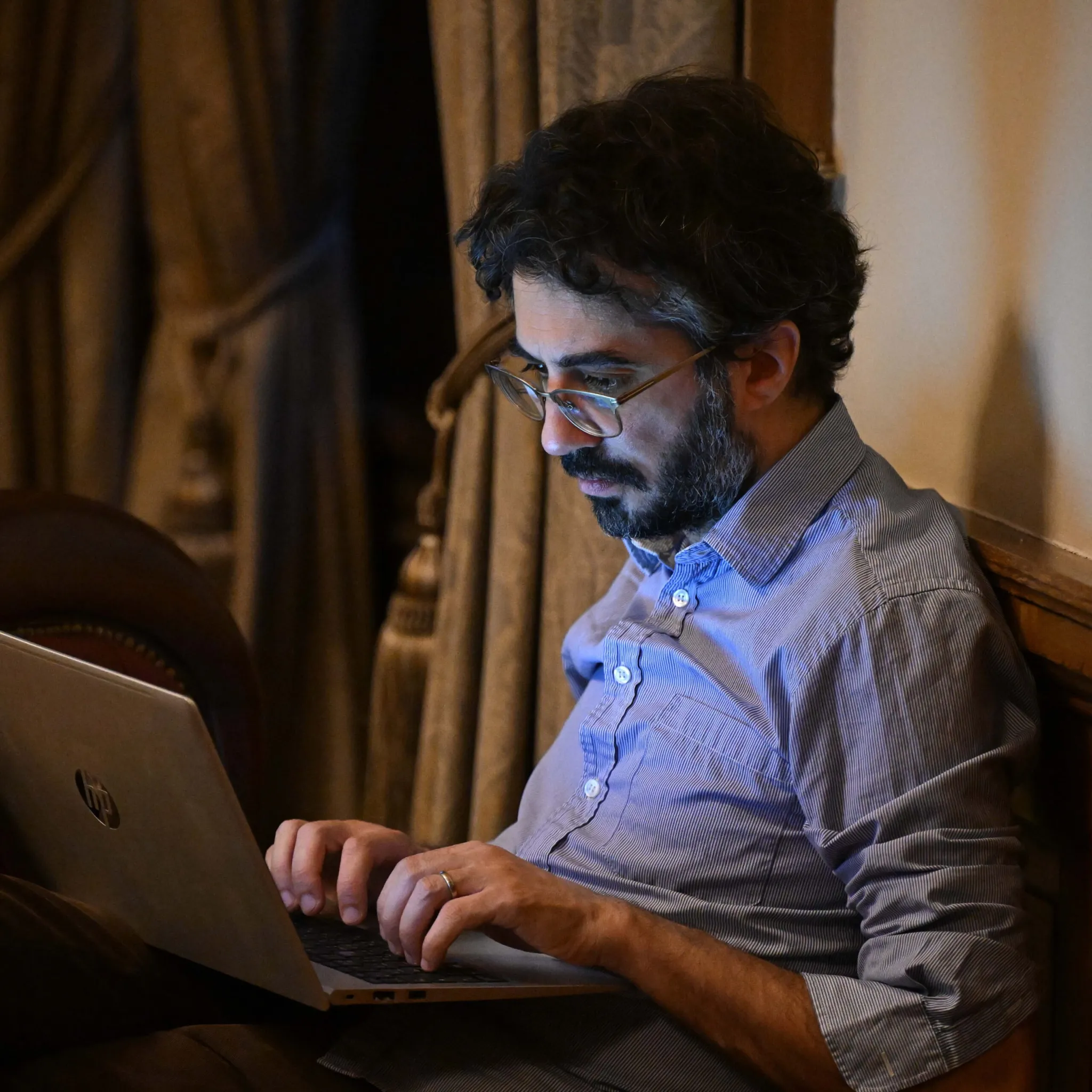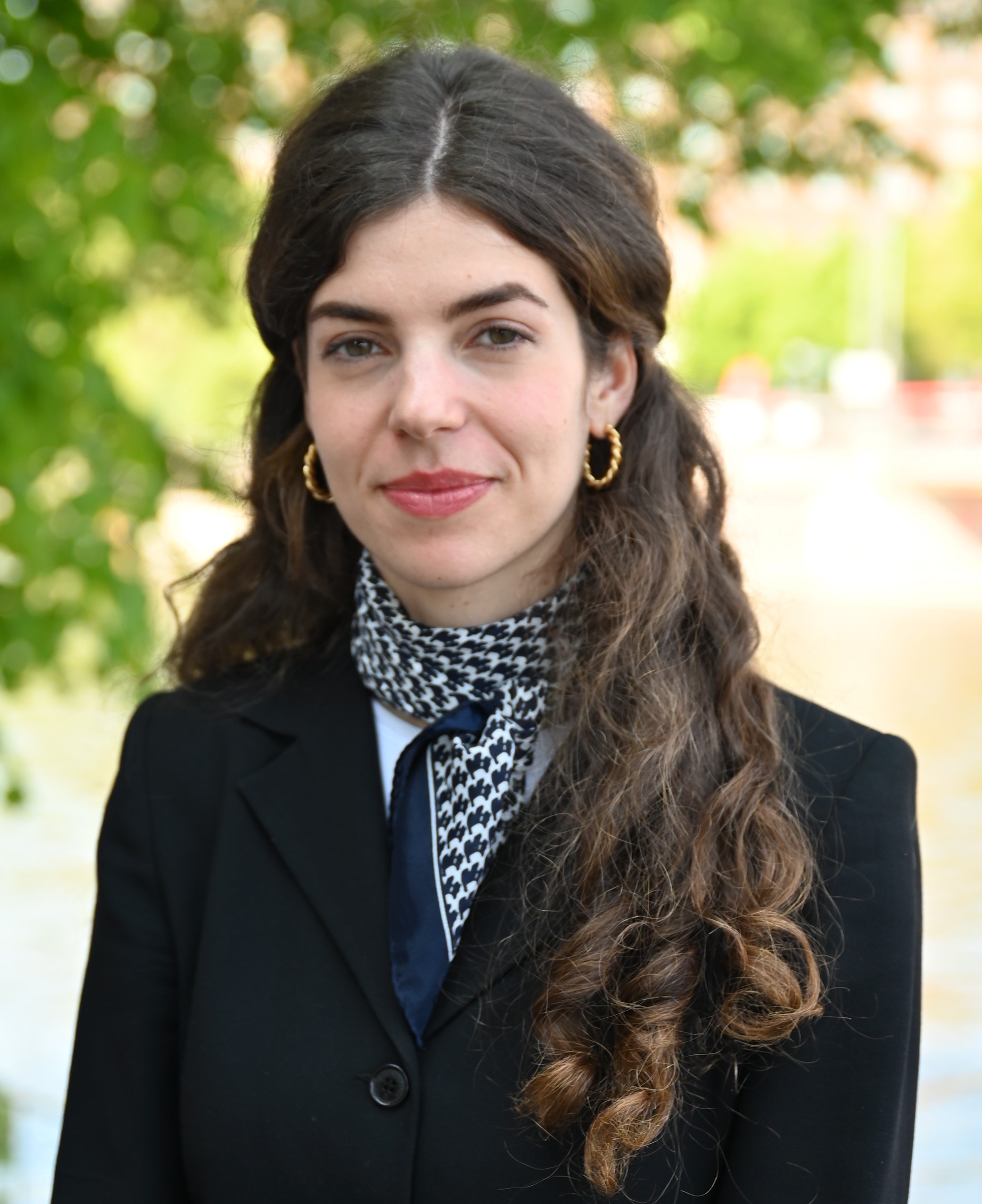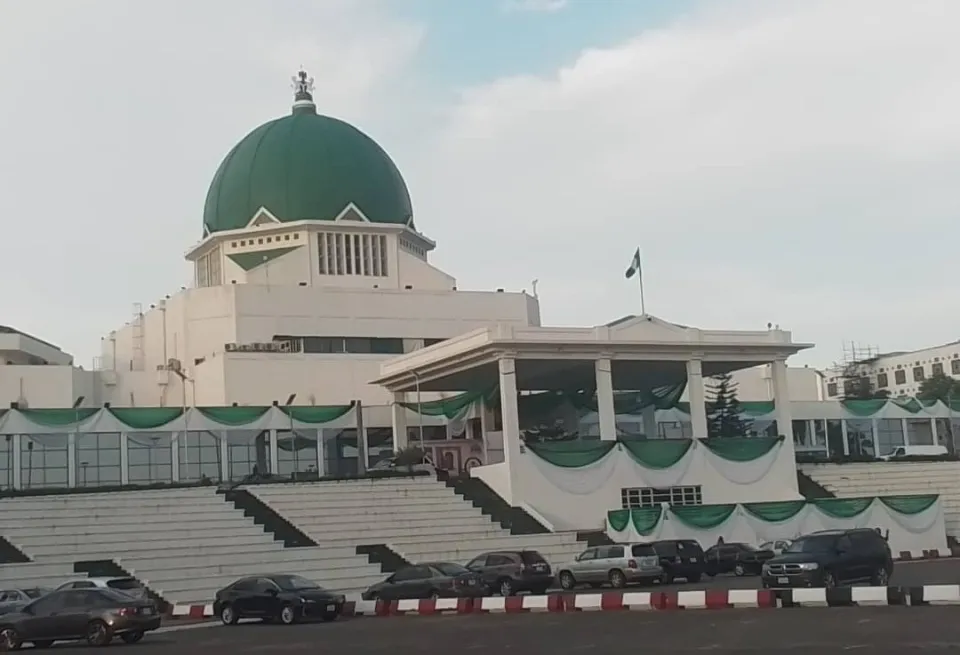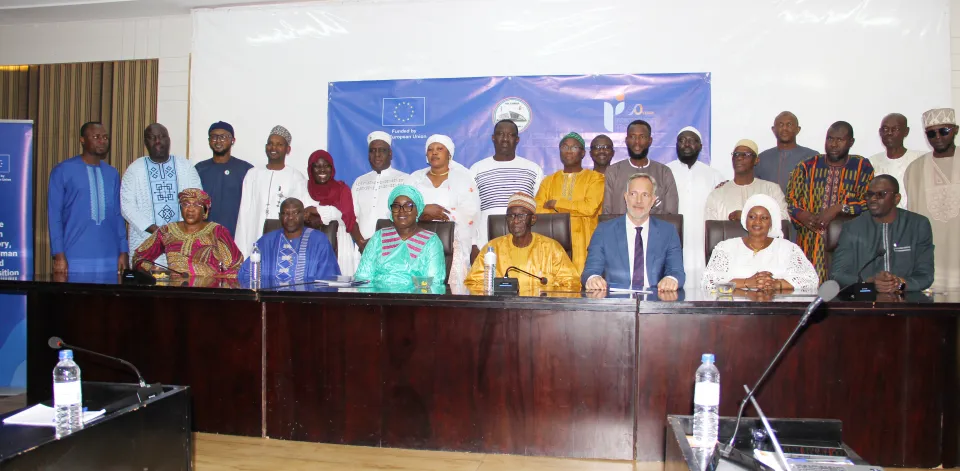Q&A with Zaid Al-Ali: From constitution-building to peacebuilding in Yemen

This interview has been edited for length and clarity.
In the aftermath of the 2011 uprisings in Yemen, the country entered a period of political transition towards what many hoped would pave the way for a democratic future. Former President Ali Abdullah Saleh was forced to resign, and Yemeni authorities, with the support of the United Nations, started to draft a new constitution. However, since the 2014 takeover of the capital city (Sanaa) by Ansar Allah –commonly referred to as the Houthi movement–, and the subsequent Saudi-led military intervention in support of the ousted government, Yemen has been engulfed in war. The constitution-building process is at a standstill, with the focus of the international community being directed towards peacebuilding efforts. The Gaza war and its connection to rising tensions in the Red Sea add further dimensions to the conflict.
For democracy analysts and practitioners, Yemen's experience offers important lessons about the fragility of democratic transitions in conflict contexts. In particular, the disruption of its constitution-building process by war highlights the immense challenges of advancing democratic reforms in the absence of lasting peace and stability.
To explore these challenges, I spoke with Zaid Al-Ali [1], Senior Programme Manager at International IDEA’s West Asia and North Africa Regional Programme. Zaid has over two decades of experience advising on constitutional processes in the Arab world, including a decade working on Yemen’s peace and constitutional efforts. In 2014, he was engaged by the UN Special Envoy, Jamal Benomar, to support the Constitutional Drafting Committee (CDC). This committee was tasked with drafting a new constitution based on the outcomes of the National Dialogue Conference, which had brought together Yemeni political groups to conclude the country’s transitional political dialogue framework. However, as war erupted, priorities shifted drastically.
How did the onset of the war reshape the constitution-building work in Yemen?
When the war started, we completely stopped working. The conflict was extremely violent, with both northern and southern areas of Yemen hit particularly hard by relentless attacks, bombing and destruction. It was a truly devastating time. By 2016, International IDEA worked with the United Nations’ Office of the Special Envoy (OSE) to help formulate a strategy on Yemen’s political future, including the constitutional process, a referendum and the implementation of the constitution. As part of that process, we engaged with Yemeni political groups in a series of political dialogue sessions. However, the persistence of the conflict and the dire situation on the ground made engaging Yemenis in these discussions increasingly challenging.
Eventually, our focus shifted to addressing the more immediate concerns, namely the peace negotiations themselves. In late 2017, International IDEA started organizing dialogue sessions and working sessions with leading Yemeni political groups on the peace negotiations themselves. We were mainly interested in the content of a future peace agreement, most notably transitional decision-making arrangements in a post conflict environment. We continued organizing dialogue sessions until the pandemic forced everyone to lock down. Once the 2020 pandemic was relatively under control, we started organizing dialogue sessions within Yemen. The aim was to ensure broader participation in national conversations, as previous discussions had largely involved national-level politicians and mainstream political groups, leaving local communities and civil society on the sidelines.
Can you tell us more about these local dialogues?
These dialogues were organized in areas that were controlled by the internationally recognized government and involved input from local groups and civil society on their vision for Yemen’s future. This feedback informed our analysis, which was then fed into high-level negotiations. Civil society groups tend to be more open to new approaches, but their influence is limited. They don’t control territory, weapons, or economic resources, and in a non-democratic environment, they have no voting power. Their strength lies in raising their voices, and potentially in generating ideas. Local dialogues serve to amplify their voices and increase the chances that they will reach decision-makers. While local mediation initiatives have succeeded in resolving specific issues, like reopening schools or restoring water access, these broader dialogues focused on more challenging, higher-level negotiations.
Despite obstacles, progress was made, and by the end of 2023, there was hope for an agreement that could signal a new phase in the peace process. Recent negotiations [the Saudi-Houthi Agreement] were mediated by the Sultanate of Oman, focusing on bilateral discussions between the Houthis [Ansar Allah] and Saudi Arabia, with the UN assisting in the implementation of agreements once they are reached. According to many reports, by the end of 2023, significant progress had been made.
What has changed since then, and where do we stand now?
The war in Gaza, which started in October last year, has had a major impact in Yemen. In response to the Israeli offensive in Gaza, Ansar Allah initiated military activities in the Red Sea, aiming to pressure the international community and Israel to stop the war. These operations, including a recent attack on an oil tanker, have significantly diminished momentum for negotiations to end the conflict in Yemen, and trust between the various actors is currently very low.
In the current environment, many elements within the international community will not allow financial transfers to the Houthis due to the ongoing conflict in the Red Sea and their designation as an international terrorist organization. Until the war in Gaza ends, it is hard to see how things can progress in Yemen, especially with no resolution in sight in Gaza.
Based on your experience, what advice would you offer practitioners working in other conflict settings in the region?
Traditionally, support has focused on convening discussions and fostering dialogue, but just organizing dialogue isn’t enough anymore. Organizations such as ours have to be repositories of expertise and knowledge, and whatever dialogues we organize must be part of an effort to develop in-depth analysis of the specific context and the challenges and opportunities that might exist. This analysis should then shape dialogue sessions, especially on constitutional frameworks, decision-making mechanisms, and targeted mediation support, as these are areas that can make a significant impact. Strategies should be flexible and regularly reassessed to respond to the evolving challenges of the region.
[1] Zaid Al-Ali is also the author of The Struggle for Iraq’s Future, published by Yale University Press (2014) and of Arab Constitutionalism: The Coming Revolution, published by Cambridge University Press (2021).




